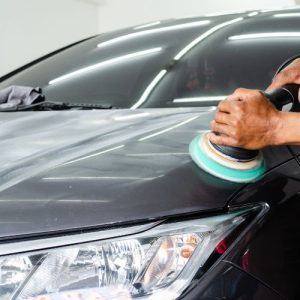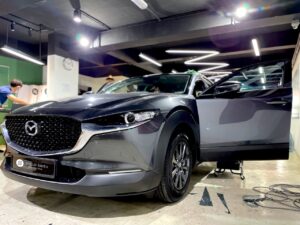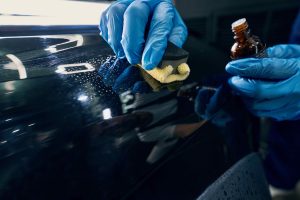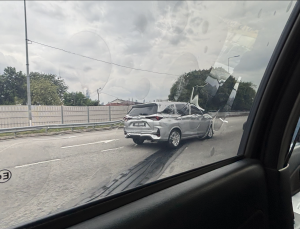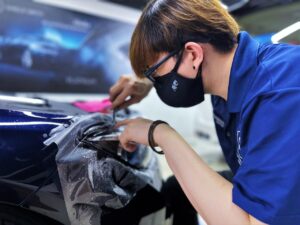Window Tint Comparison
in Malaysia isn’t just about upgrading your car’s style — it’s an essential investment for every vehicle owner. With the country’s blazing heat, intense sunlight, and harmful UV rays that can cause serious damage to your car’s interior and even affect your skin health, choosing the right window tint is more important than ever. Not only does a good tint enhance your car’s appearance, but it also plays a crucial role in protecting you and your passengers from discomfort, fading upholstery, and potential long-term health risks.
However, with so many options flooding the market—from budget-friendly cheap films to high-end premium tints—many car owners find themselves confused and unsure about which choice truly offers the best value. The key question often asked is: “Is premium window tint really worth the extra cost compared to cheaper alternatives?”
In this comprehensive Window Tint Comparison, we’ll dive deep into every aspect that matters. From the quality of materials used, heat rejection capabilities, UV protection levels, durability over time, warranty coverage, to the overall aesthetic appeal, we’ll reveal the real differences between cheap and premium window tints. By the end of this comparison, you’ll have a clear understanding of what you’re paying for and why investing in a premium window tint can save you money and trouble in the long run, while providing unmatched comfort and protection.
Choosing the right window tint isn’t just a purchase — it’s a decision that impacts your daily driving experience, your car’s resale value, and your long-term wellbeing. So, let’s get started and uncover what sets premium window tint apart from the rest.
Kalau mau aku buat versi yang lebih panjang lagi atau pakai bahasa yang lebih santai, kasih tau ya!
1. Heat Rejection Performance
Cheap tint:
Often just dyed films that darken the glass without blocking actual heat
Minimal Total Solar Energy Rejection (TSER), so your cabin still gets hot
Air-conditioning has to work harder, using more fuel
Premium tint (like Shield Smith’s sputtered & nano-ceramic films):
High TSER to block infrared (IR) and UV rays
Keeps your car cooler even after hours parked under the sun
Reduces fuel usage by lowering air-con load
✅ Verdict: Premium tint pays off with better comfort and long-term fuel savings.
2. Durability & Lifespan
Cheap tint:
Fades, bubbles, and peels within 1–2 years
Often turns purple or discolours under strong UV exposure
No warranty, or poor-quality warranty that’s not honoured
Premium tint:
Uses advanced materials like sputtered metal or ceramic
Color-stable, long-lasting (up to 10+ years with proper care)
Backed by official manufacturer warranty with real support
✅ Verdict: Pay once for premium, avoid re-tinting costs every 2 years.

3. Appearance & Clarity
Cheap tint:
May look uneven, patchy, or too dark
Poor visibility at night, can be dangerous
May interfere with GPS or Smart Tag
Premium tint:
Uniform, clean look with clear optical clarity
Enhanced visibility — even at night or during rain
Engineered to be Smart Tag and GPS friendly
✅ Verdict: Premium tint enhances both looks and safety.
4. JPJ Compliance
Cheap tint:
Often doesn’t meet JPJ rules
May cause you to fail inspection or get fined
Premium tint (like Shield Smith’s):
Comes with JPJ-compliant certification
Safe for road use, no surprises during roadblocks
✅ Verdict: Peace of mind with certified compliance.
5. Value for Money
While cheap tint might save you a few hundred ringgit upfront, it often leads to:
More heat
More fuel spent
More rework
More long-term cost
Premium tint is not just a product — it’s a long-term investment in comfort, safety, and vehicle value.

